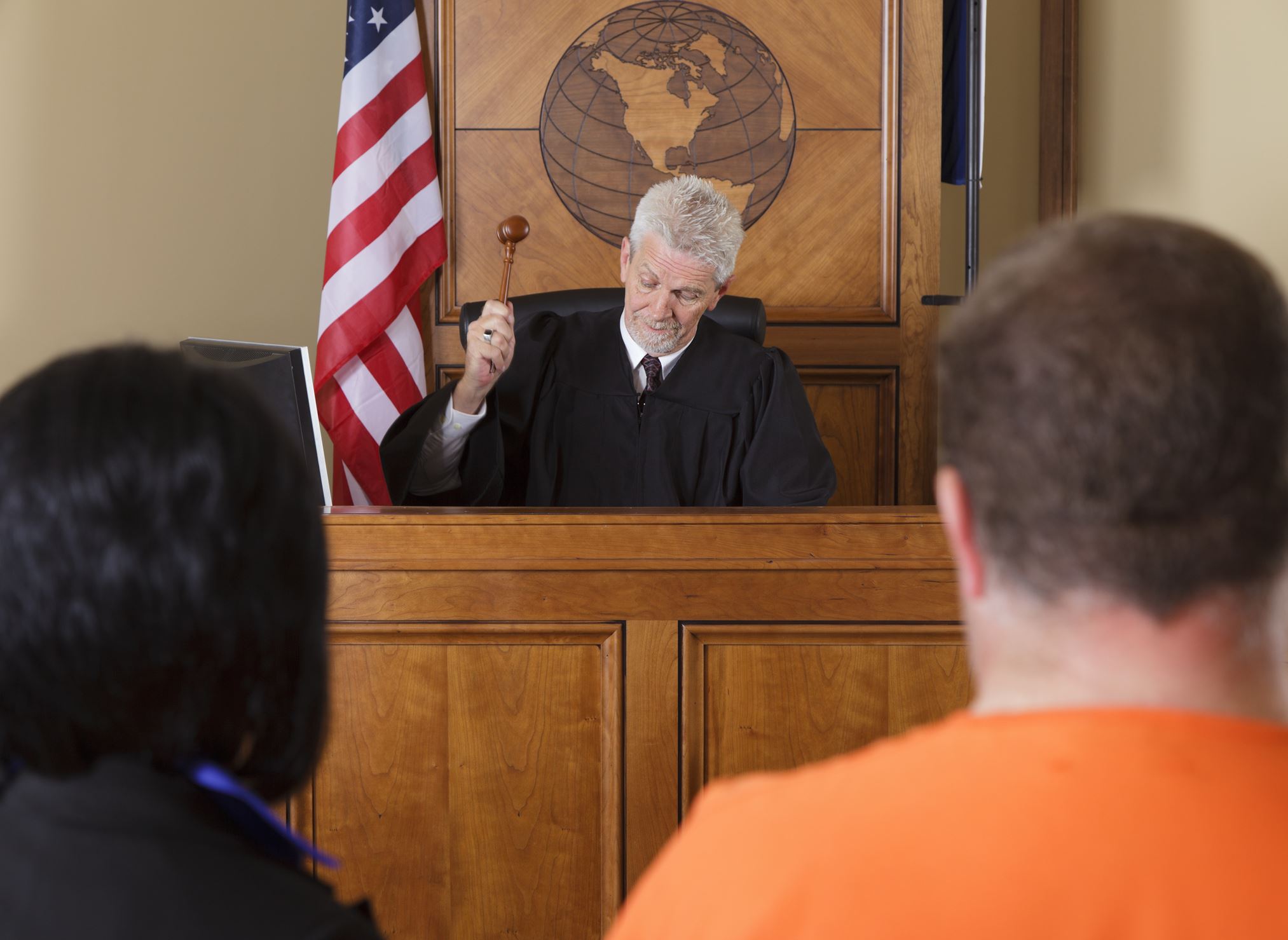Call us now:
In Verdejo v. State, a restitution challenge was denied due to a plea agreement, but the concern in this case goes beyond the holding. Some of the most insightful conflicts in the law get exposed when judges disagree with each other, and that is exactly what happened here. When Judges disagree you can see it in the dissent, and by contrasting the majority opinion with the dissent’s opinion you can see clearly where the true philosophy of the Court and it’s members.

Within Verdejo, you will find a discussion of concepts like an insufficient causal link between a grand theft auto charge and the items within the stolen car. This involves the idea of restitution and due process, basically whether the accused is sufficiently put on notice that they would have to compensate the victim for a particular amount of money, and when is this kind of due process claim waived or estopped.
In Verdejo v. State, the Florida Third District Court of Appeal affirmed a trial court’s restitution order against Gabriel Verdejo, who pleaded guilty to grand theft of a vehicle. The court ruled that because Verdejo accepted restitution as part of his plea deal—capped at $3,278—he was estopped from challenging the $1,224.97 restitution order on appeal. But a sharply reasoned dissent disagreed, arguing the restitution exceeded the scope of the charge and was unsupported by evidence provided before the plea.
Challenge Barred
Gabriel Verdejo appealed a court-ordered restitution of $1,224.97 following a conviction for grand theft of a vehicle. However, the Third District Court of Appeal affirmed the order, finding that Verdejo had expressly agreed to restitution—capped at $3,278—as part of his negotiated plea deal.
If you have been charged with a criminal case in Florida you need help right away. Let Board Certified Criminal Trial Lawyer Matt Landsman help you today. Get your free consultation today. Call Now.
Citing cases like Bradley v. State and Armstrong v. State, the court emphasized that defendants who accept restitution as part of a negotiated plea cannot contest it after the fact.
At his initial plea hearing, Verdejo was informed that restitution would be imposed and capped, subject to a later hearing to determine the exact amount. He accepted these terms without objection. Later, during a restitution hearing, his counsel challenged the lack of supporting documentation, but the court overruled the objection based on the earlier plea agreement and victim testimony.
After violating several probation conditions, Verdejo entered another plea, accepting jail time and reinstatement of all original conditions—including restitution. Again, he did not object or reserve the right to challenge restitution.
On appeal, Verdejo claimed the trial court abused its discretion in ordering restitution. The appellate court disagreed, holding that because he agreed to restitution twice—once in the original plea and again after the probation violation—he was estopped from contesting the order. The ruling aligns with prior Florida case law holding that defendants who agree to restitution as part of a plea cannot later challenge its legality.
Dissent:
In a dissenting opinion, a judge disagreed with the majority’s decision to uphold a restitution order against Gabriel Verdejo, who pleaded guilty to grand theft of a vehicle.
The dissent stressed that Florida law requires restitution to be directly tied to the offense charged or specifically agreed to. Here, the arrest affidavit, charging document, and plea colloquy made no mention of the personal property.
Without clear causation or notice, awarding restitution for the uncharged thefts violated statutory and case law, including K.N. v. State, Franklin v. State, and Siminski v. State.
Lastly, the dissent rejected the idea that Verdejo’s later probation violation cured the underlying defect, since his admission did not include any new agreement regarding restitution or waive his right to appeal the pending order.
The dissent argues that the restitution order—meant to compensate the victim for missing personal items inside the recovered car—should be reversed because those items were not part of the charged offense and Verdejo never agreed to pay for them.
While Verdejo accepted a plea deal that capped potential restitution at $3,270, he did not admit liability for any specific items or agree to pay restitution unrelated to the vehicle theft. Importantly, the personal property losses were neither listed in the charging documents nor included in discovery materials prior to the plea. The State failed to provide adequate notice that it would seek restitution for those items, and the prosecutor could not confirm that supporting documentation had been disclosed to the defense.
Under Florida law, restitution must be directly or significantly related to the offense charged, unless the defendant expressly agrees otherwise. Because Verdejo was not charged with stealing the personal items—and did not agree to pay for them—the dissent concluded that the restitution order was legally unsupported. The dissent further emphasized that Verdejo’s later probation violation and reinstatement did not retroactively validate the improper restitution.
The opinion draws on a strong body of Florida precedent emphasizing that restitution must be tied to the actual charges or clearly acknowledged in the plea—neither of which occurred here.
Overreach and Due Process
As many can see from the news these days Due process seems to be under attack at every level in government and our lives. This case is another example of the difficulties enforcing the rule of law in Florida and when fighting against the powers of the State. There is a natural tension between compensating victims and ensuring the rules are being followed, but there is no excuse for violating the norms we all share on a daily basis.
For help with any Criminal Matter from Board Certified Criminal Trial Lawyer Matt Landsman – CALL NOW
